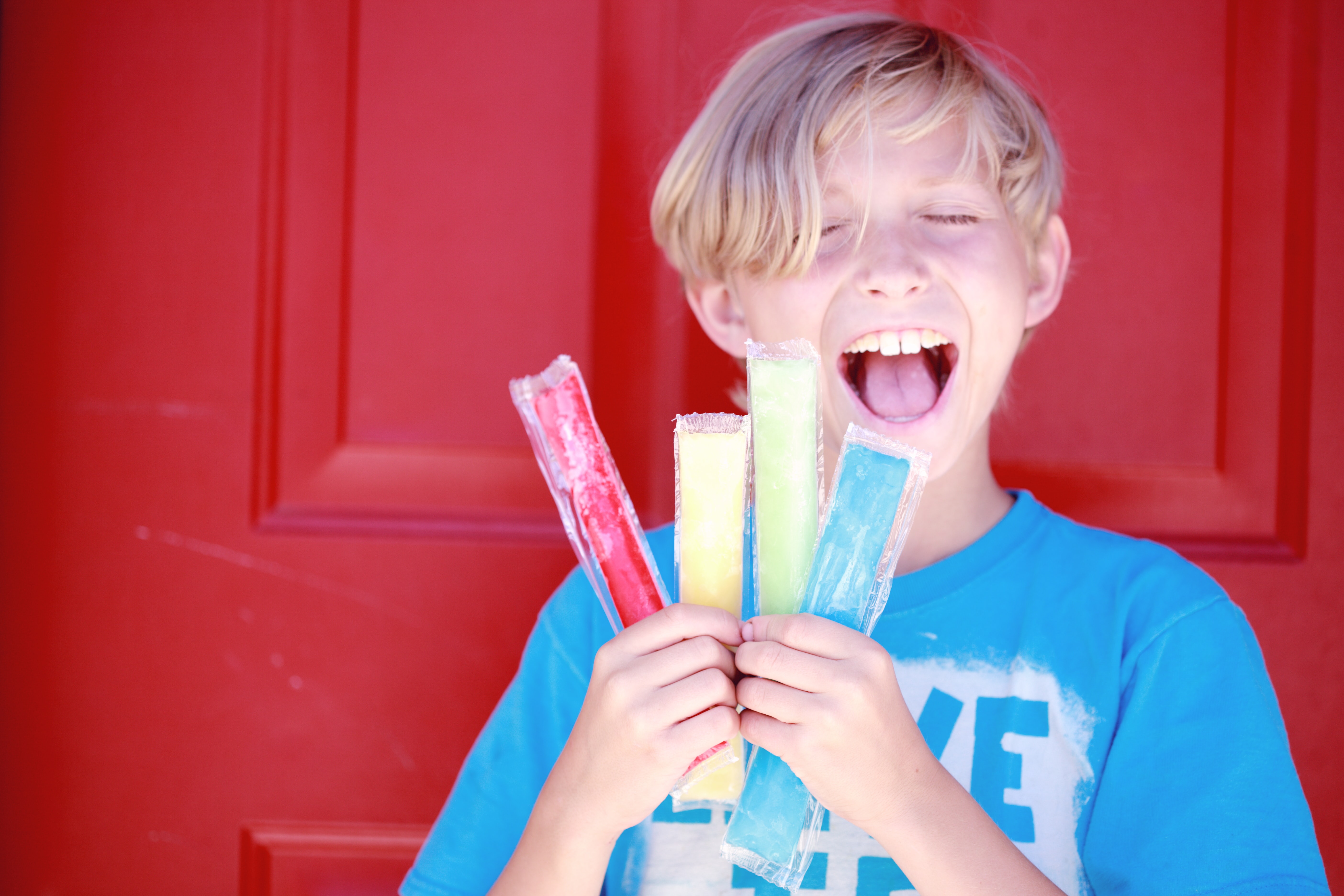Getting outside is a great way to encourage the entire family to stay active and build good health. However, summer brings more than just opportunities for swimming and biking with friends. It also brings some hazards that must be considered when planning outdoor playtime. No matter what kinds of outdoor play your family prefers, these tips will help prevent injuries and illnesses all summer long.
Avoid At-Home Fireworks
At-home fireworks are seen by some families as a staple of summer celebrations. Yet even sparklers and poppers can cause serious injuries, especially to younger children. Roman candles and similar fireworks that are legal in many states are not safe for children to play around or even watch from a close distance. For safety, it’s best to stick to professional shows instead. Fire and safety professionals will be on hand to ensure everything goes to plan, and you'll also get to enjoy bigger explosions than any home fireworks can provide.
Wear Sunscreen
Everyone in the family, even the youngest members, needs to wear sunscreen when enjoying outdoor playtime. Spray sunscreen makes application much quicker and easier when kids are eager to go play. Make sure you're getting an even application by using a colored product that fades to clear as it dries on the skin. Missing even a few spots here or there can lead to a painful sunburn.
Hydrate with a Plan
It's not enough to just toss juice boxes or water bottles at your children and encourage them to drink. Everyone playing outdoors needs to drink a specific amount for each minute of playtime. For example, most children under the age of 8 need about 8 oz of water per two hours of active outdoor play in the heat. Over the age of 8, make sure they're getting 8 oz per hour of play. Don't let kids return to the playground or yard until they've hydrated so dehydration doesn't slowly creep up on them over the course of a busy playday.
Stick to the Shade
Staying in the shade not only reduces the risk of sunburn, but it also helps prevent overheating. Heat exhaustion is a common and somewhat serious condition in which headaches, dizziness, and extra thirst are symptoms. It can lead to the much more serious heat stroke, which causes a lack of consciousness and out-of-control body temperature. Staying in the shade isn't a replacement for keeping hydrated or wearing sunscreen, but it is a good move for heat protection.
Test Surfaces First
Hitting the playground is always a good way to get outdoors, but summer sunshine means extra hot surfaces. Use your hand to test the surface of any slide, climbing wall, or other pieces of equipment your child may want to use. If you can't hold your hand on it without feeling an uncomfortable burn, it's not safe to play on. Children's skin is more sensitive than an adult's, so even discomfort for you could mean a burn for them.
Make sure outdoor play is safe this summer with some basic safety tips. Always pack plenty of water and check temperatures before heading outside with the family.
